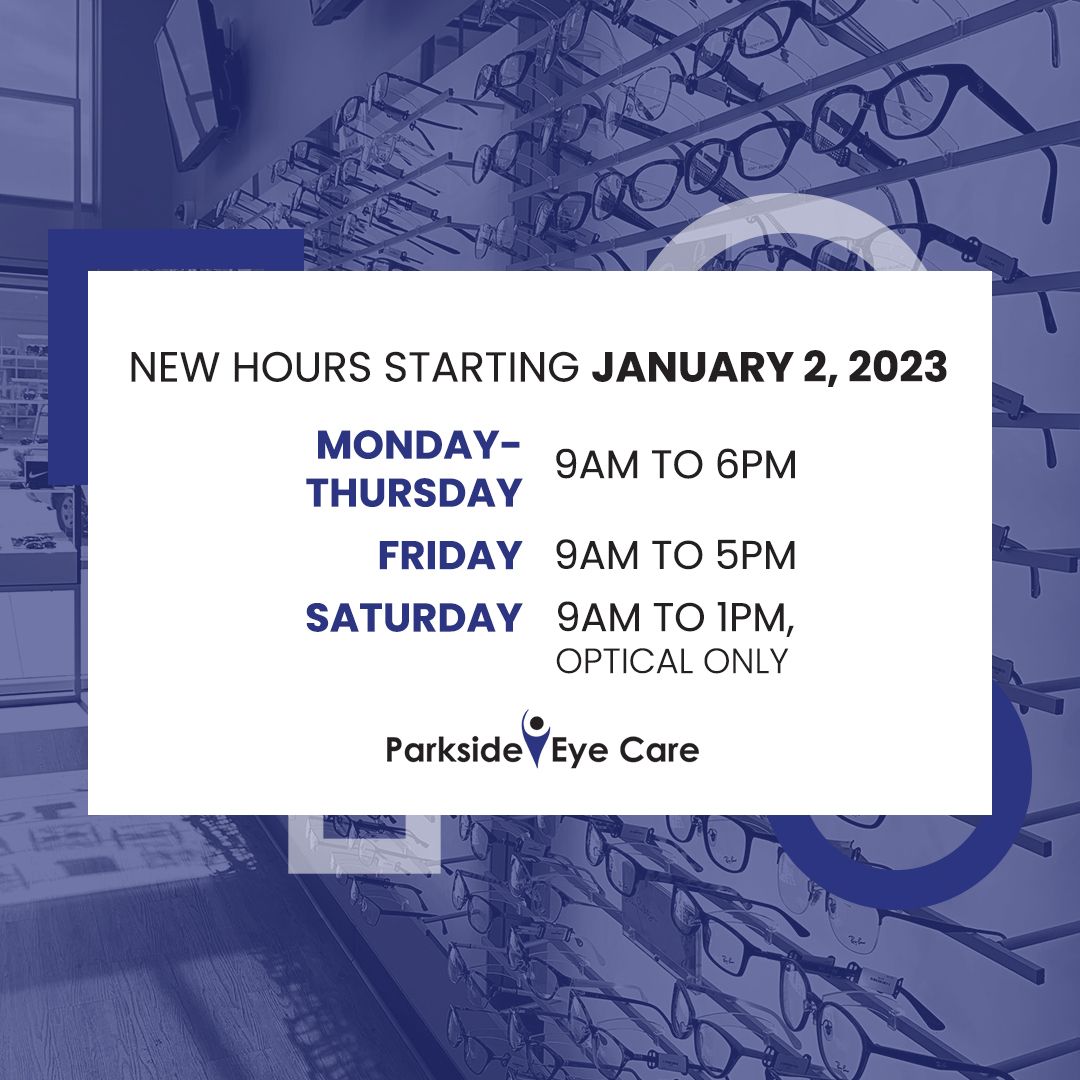
As a parent, you want to give your child the best start in life and that includes supporting their vision health. Clear vision plays a vital role in early learning, social development, and confidence. Routine pediatric eye exams help ensure your child’s eyes are developing properly and can detect any concerns before they impact daily life or school performance. Here’s a look at the recommended timeline for pediatric eye exams and what you can expect at each stage.
Infant Eye Exams
The first comprehensive eye exam should take place around six to twelve months of age. At this early stage, your eye doctor can check for important visual milestones and screen for conditions like strabismus crossed eyes or signs of amblyopia lazy eye. This exam also helps identify any potential refractive errors that may affect your baby’s vision development.
Toddler Eye Exams
Around the age of three, your child should have their next eye exam. During this time, your child’s visual system is rapidly developing. The eye doctor will evaluate depth perception eye movement and hand eye coordination in addition to overall eye health. Even if your child seems to be seeing well a thorough exam can uncover hidden issues.
Pre-K to Kindergarten
Before your child enters school usually between the ages of four and five another eye exam is essential. At this stage exams become more detailed and may include vision testing with symbols or letters depending on your child’s ability. Since so much of early education relies on vision this exam helps ensure your child is visually ready for the classroom.
School Age Children
Once your child starts school regular eye exams every year is recommended even if they have no known vision problems. School screenings are not a replacement for a full eye exam. Many vision issues such as difficulty focusing or eye teaming problems can be missed without a comprehensive exam. If your child already wears glasses or contacts more frequent visits may be needed to monitor any changes in their prescription.
Signs Your Child May Need an Eye Exam Sooner
In between scheduled exams watch for signs that could suggest a vision problem such as
Squinting or tilting the head
Holding books or screens very close
Frequent eye rubbing
Complaints of headaches or eye strain
Struggling with reading or attention in class
If you notice any of these behaviors schedule an appointment even if their next exam is not yet due.
Schedule Your Child’s Eye Exam Today
Vision plays a critical role in your child’s growth and development. Following the recommended timeline for pediatric eye exams helps catch issues early and sets your child up for long term success both in and out of the classroom.
Schedule a comprehensive pediatric eye exam at Parkside Eye Care today. Visit our office in Cary, North Carolina, or call (919) 883-9987 to book an appointment.














